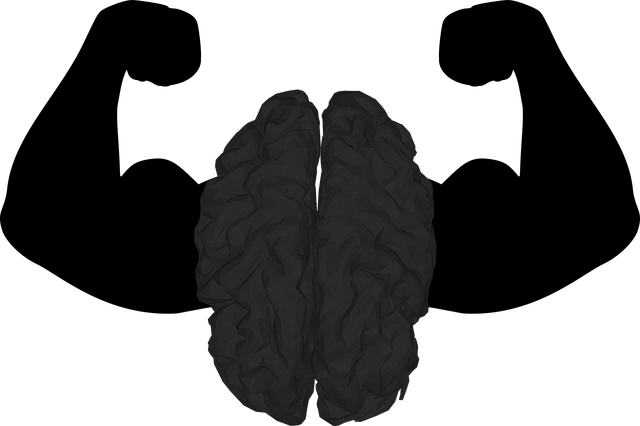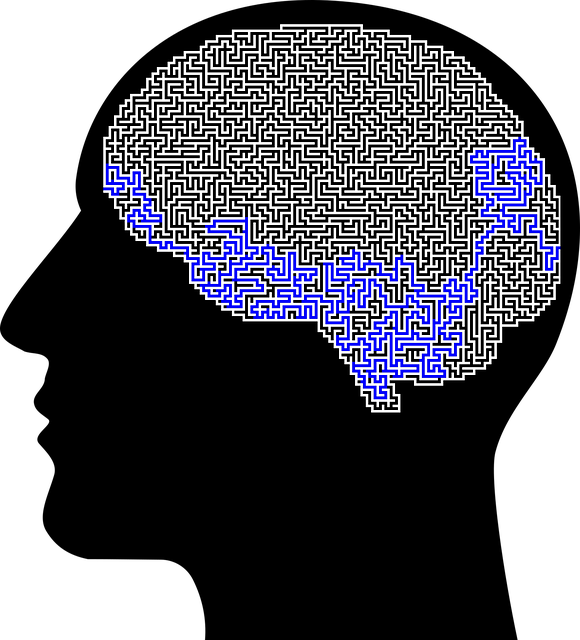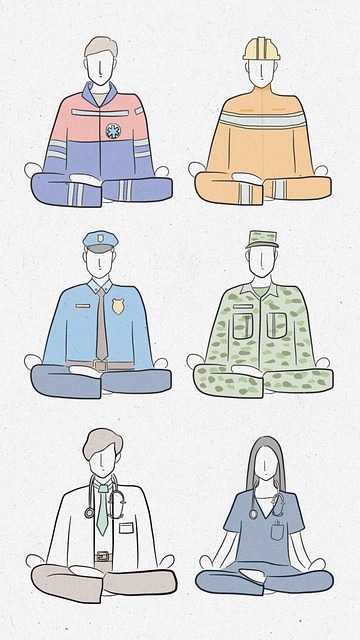Risk assessment and harm minimization strategies are crucial in therapy for young adults dealing with depression. By prioritizing client safety, therapists use tools like mental wellness journaling to uncover emotional issues. Strategies include compassion cultivation, emotional well-being promotion, and cognitive behavioral therapy (CBT), fostering resilience and providing tailored support. Continuous evaluation, cultural sensitivity, and stigma reduction are key to effective treatment, ensuring young adults receive dynamic, inclusive care for their mental health journeys.
Risk assessment and harm minimization planning are paramount in ensuring safe and effective therapy for young adults struggling with depression. This article delves into the critical components of identifying potential hazards, implementing protective strategies, integrating prevention and intervention techniques, and continuously evaluating plans to adapt to evolving needs. By exploring these key areas, mental health professionals can create comprehensive, client-centered approaches that foster healing and minimize risks associated with young adult depression therapy.
- Understanding Risk Assessment: Identifying Potential Hazards in Young Adult Depression Therapy
- Harm Minimization Strategies: Protecting Clients During Treatment
- Creating a Comprehensive Plan: Integrating Prevention and Intervention Techniques
- Continuous Evaluation and Adaptation: Ensuring Safety Throughout the Healing Journey
Understanding Risk Assessment: Identifying Potential Hazards in Young Adult Depression Therapy

Risk assessment is a critical component of any therapeutic process, especially when addressing mental health issues like depression in young adults. It involves identifying and evaluating potential hazards and risks associated with the therapy to ensure client safety and well-being. In the context of therapy for young adults depression, this process aims to uncover hidden dangers that might complicate the treatment journey.
One significant aspect is recognizing the impact of burnout prevention strategies, as young adults dealing with depression are often at a higher risk. Implementing mental wellness journaling exercises can be an effective tool during risk assessment. Encouraging clients to reflect on their emotions and experiences allows therapists to identify underlying issues and tailor treatments accordingly. Additionally, providing confidence-boosting guidance within the therapy framework can empower young adults to navigate potential challenges, fostering resilience and a sense of control over their mental health.
Harm Minimization Strategies: Protecting Clients During Treatment

In the context of therapy for young adults suffering from depression, Harm Minimization Strategies play a pivotal role in safeguarding clients during treatment. These strategies are designed to mitigate potential risks and ensure the well-being of individuals navigating mental health challenges. One key approach is implementing Compassion Cultivation Practices, which foster empathy and understanding between therapists and clients, creating a supportive environment essential for emotional healing. By incorporating these practices, therapists can enhance their ability to provide effective Crisis Intervention Guidance, helping clients manage acute distress and preventing adverse outcomes.
Additionally, Emotional Well-being Promotion Techniques are integral to harm minimization. These techniques aim to strengthen clients’ coping mechanisms and resilience, empowering them to better regulate emotions and cope with challenging situations. Through a combination of compassionate care, targeted interventions, and empowerment strategies, therapists can effectively support young adults in their journey towards recovery, ensuring safety and promoting positive outcomes throughout the therapeutic process.
Creating a Comprehensive Plan: Integrating Prevention and Intervention Techniques

In crafting a comprehensive risk assessment and harm minimization plan for young adults dealing with depression, it’s crucial to integrate both prevention and intervention techniques. This dual approach ensures a robust strategy that addresses immediate concerns while building resilience against future challenges. For instance, therapy sessions can focus on cognitive behavioral therapy (CBT) to enhance coping mechanisms and boost confidence, thereby preventing burnout. Additionally, incorporating cultural sensitivity in mental healthcare practice is essential to tailor support, ensuring every patient feels understood and appreciated.
By intertwining these strategies, the plan becomes a dynamic tool that not only mitigates current risks but also equips young adults with lifelong skills to navigate their mental health journeys. This holistic perspective recognizes that preventing burnout and boosting confidence are integral parts of fostering well-being, especially in a world where mental health challenges among young adults are on the rise.
Continuous Evaluation and Adaptation: Ensuring Safety Throughout the Healing Journey

In the realm of therapy for young adults dealing with depression, continuous evaluation and adaptation are paramount to ensuring safety and fostering healing. The journey towards mental wellness is dynamic, and what works at one stage may not be effective later, given the evolving nature of both the individual’s condition and their environment. Therefore, therapists must remain agile, regularly assessing progress, identifying new challenges, and adjusting treatment plans accordingly. This ongoing process allows for timely intervention, ensuring that support remains tailored to the young adult’s needs as they navigate their healing journey.
Cultural sensitivity in mental healthcare practice and mental illness stigma reduction efforts also play a crucial role in this adaptation. By remaining responsive to cultural nuances and working to dismantle the stigma associated with mental illness, therapists create a more inclusive and supportive environment. This not only enhances the effectiveness of treatment but also builds resilience, encouraging young adults to persist in their healing process despite external challenges.
In the realm of therapy for young adults with depression, implementing robust risk assessment and harm minimization planning is paramount. By identifying potential hazards, employing protective strategies, integrating prevention and intervention techniques, and continuously evaluating progress, mental health professionals can foster a safe and supportive environment. This approach ensures that clients receive comprehensive care tailored to their unique needs, ultimately enhancing the effectiveness of treatment and promoting positive outcomes in their healing journey.








